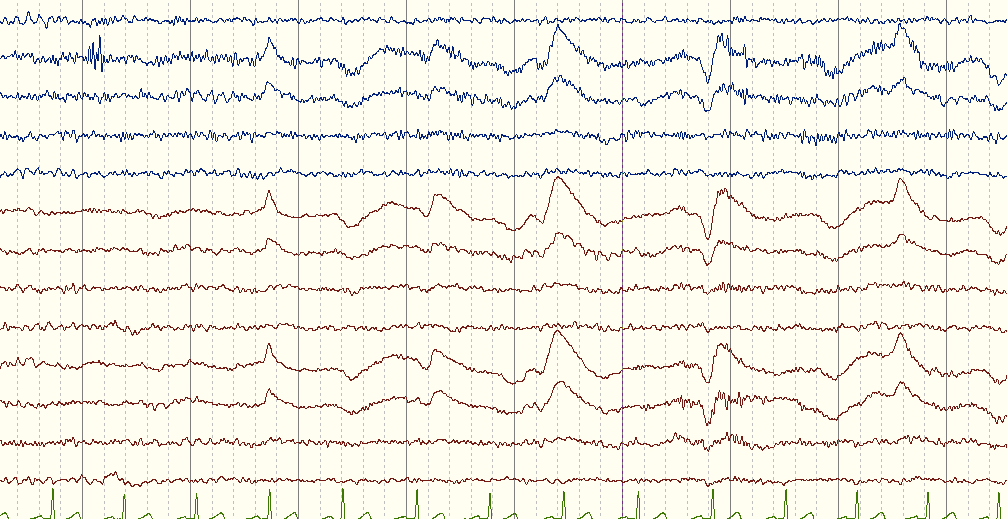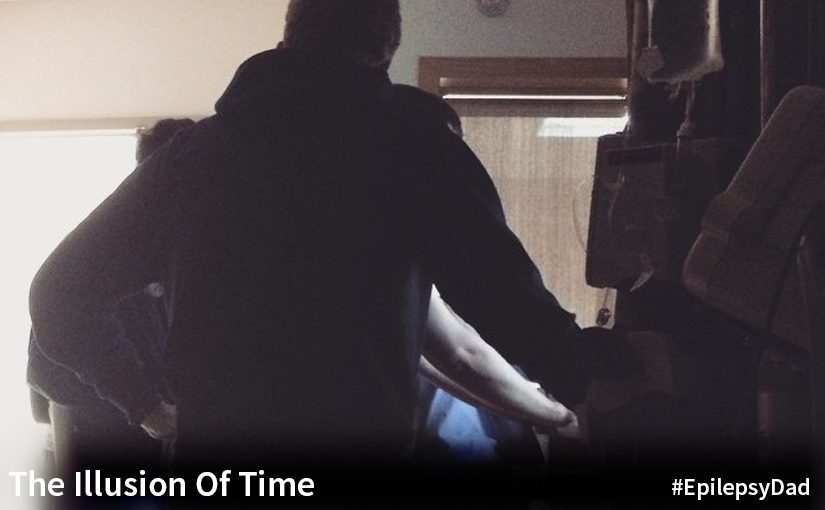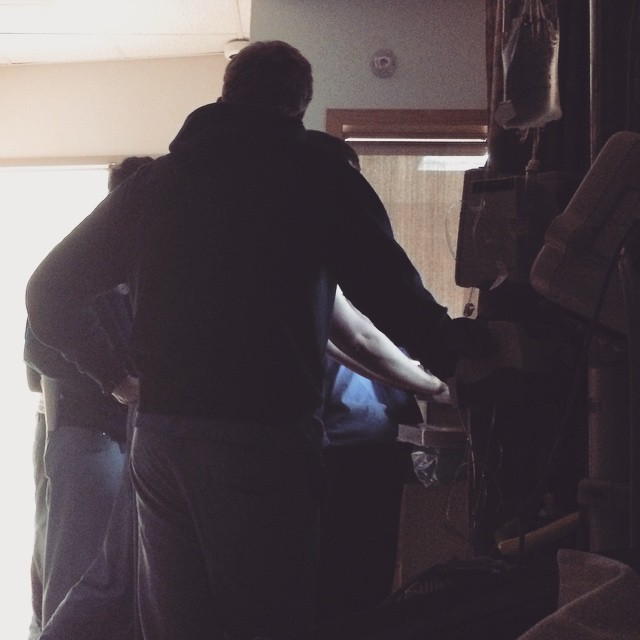The house had been quiet at night since we left the hospital. My wife and son had been sleeping on our small bed while I slept on the couch in the living room. This temporary living arrangement was brought on by necessity since his elevated loft bed in the basement was not compatible with our new reality, and the stairs down to his room posed a hazard should he have a seizure and try to navigate his way up to our room in the middle of the night.
The first few nights back home, there was little sleep as we waited to see how our son would do. We’d been in this cycle where we would leave the hospital armed with a new medicine and no seizures only to find ourselves back in the hospital a few days later when the seizures returned in force.
But after a week without an incident, in a house filled with silence, my body was finally able to relax. The slender couch with the small “Home Sweet Home” decorative pillow (that I know I’m not supposed to use) were a welcome relief from the uncomfortable hospital accommodations.
With so many quiet nights in a row, my brain resisted reacting to the alarm bell my ears heard echoing through the halls, the unmistakable sound bellowing from my son’s vocal chords that announced the arrival of another seizure . I rolled off the couch, landed on my feet, and raced to the bedroom at the back of our apartment. I caught a glance at the digital clock on the microwave as I passed. It read 5:32, and I noted it so that we could measure the duration of the seizure, the mechanics of counting and measuring seizures having become rote.
By the time I reached the bedroom, the thankfully short seizure was already over and my wife was comforting my son. I laid with them for awhile before returning to the couch. This time, my body refused to relax, and I nervously stayed alert to listen for another seizure, which also came later the same morning, followed by another cluster that required the use of the rescue medicines before they dissipated.
They call these “break through” seizures because they occur in spite of the use of anticonvulsants or, in our case, three anticonvulsants and countless prayers. We’ve experienced enough of them to know what we are supposed to do, which is as terrible as it sounds. But we stayed home and, given our year so far, that is a marked improvement.




